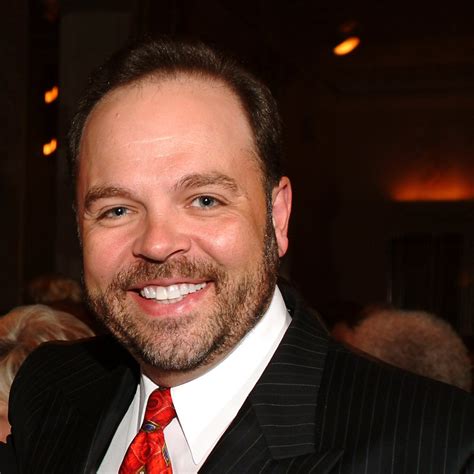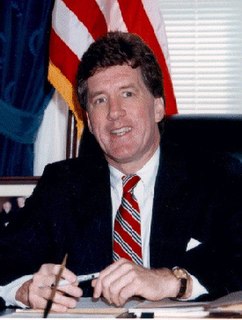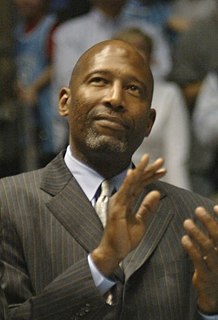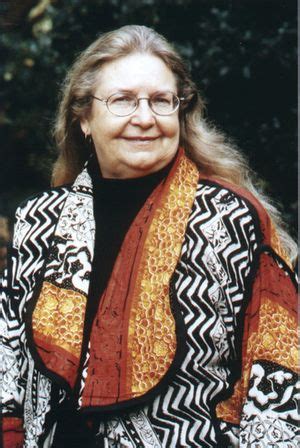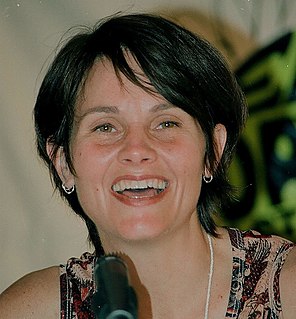A Quote by Stephen J. Pasierb
We can and we must do better as prolonged recovery is now an achievable result of comprehensive addiction treatment.
Related Quotes
I felt that if people understood the struggle of recovery, then some of the stigma of addiction might be reduced because the audience would understand in a palpable way that addiction is a disease that tells the afflicted, despite years or even decades of heartbreaking evidence to the contrary, that using will make things better.
The P.A.S.T. preventative screening and treatment programs are a must for all players. We can extend our lives and live a healthy and pain free life. The programs are very comprehensive. We have lost several players at a young age, maybe the loss of some of our players could have been prevented with the prevention, knowledge, and treatment that P.A.S.T. provides.
I feel very blessed that at a young age I was able to navigate my battle with drug and alcohol addiction, and through recovery live a sober life. There is such a stigma attached to addiction and it was hard for me to both confront and overcome it. I am very proud and grateful that with the support of family and friends, I was able to do so.
